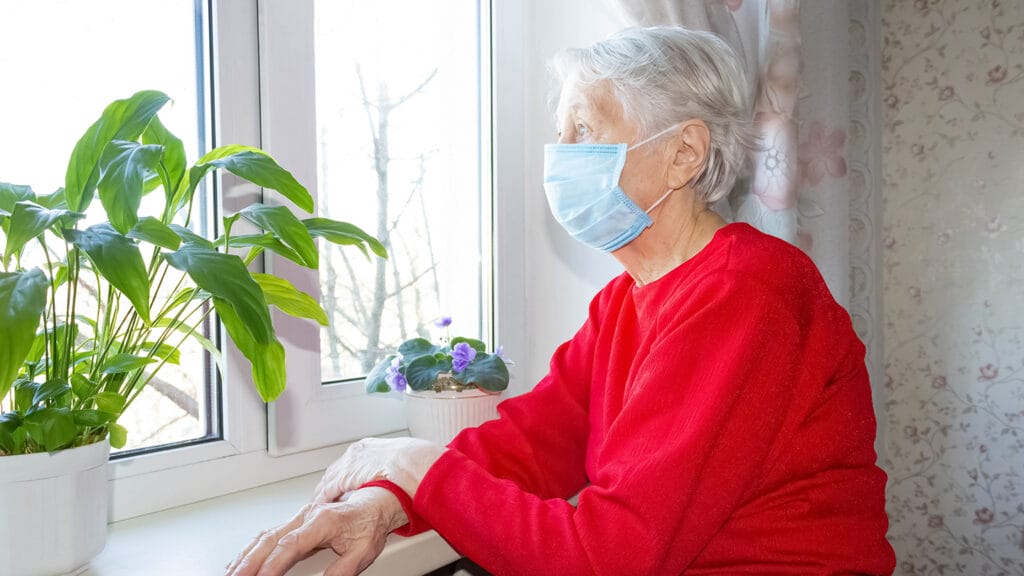
The demand for scheduling flexibility among clinical staff will put even greater demands on recruitment, according to Enhabit Home Health and Hospice CEO Barb Jacobsmeyer.
Nearly 40% of Enhabit’s nursing staff is PRN (as needed) compared to 35% in 2021, Jacbosmeyers told investors during the Oppenheimer Annual Healthcare Conference on Tuesday. PRN nurses may work two days one week and five the next or they may divide hours between weeks.
“Historically the majority of our staff was full-time clinicians, but we’ve moved to being more flexible to be more part-time, full-time, as well as PRN,” Jacobsmeyer explained. “While that means you need more headcount, it allows individuals to have the flexibility that they’re wanting.”
Jacobsmeyer’s comments align with the findings of a recent survey of 1,700 nurses nationwide who ranked scheduling flexibility and commute times just behind wages and benefits as top priorities in the search for new positions. That same survey also found that 86% of traveling nurses were open to taking a staff position if the wages and work arrangements met their needs.
The clinician shortage reached crisis levels during the COVID-19 pandemic. Increased demand for home health and hospice collided with a shortage of clinicians to drive up labor costs for providers during the public health emergency. Some agencies were forced to turn away patients because they simply did not have enough staff.
Jacobsmayer said the staffing crisis is beginning to abate. However, she admitted staffing shortages continue in some markets, forcing Enhabit to pay higher wages in those areas. She also acknowledged that staffing could continue to be a challenge for the industry as demand for services increases.
“We are always updating our listings so if a branch starts to grow they may be fully staffed today, but as they start to grow they are going to have to do the adjustments and hire more,” Jacobsmeyer continued.
Enhabit Home Health and Hospice operates in 34 states across 350 locations.



